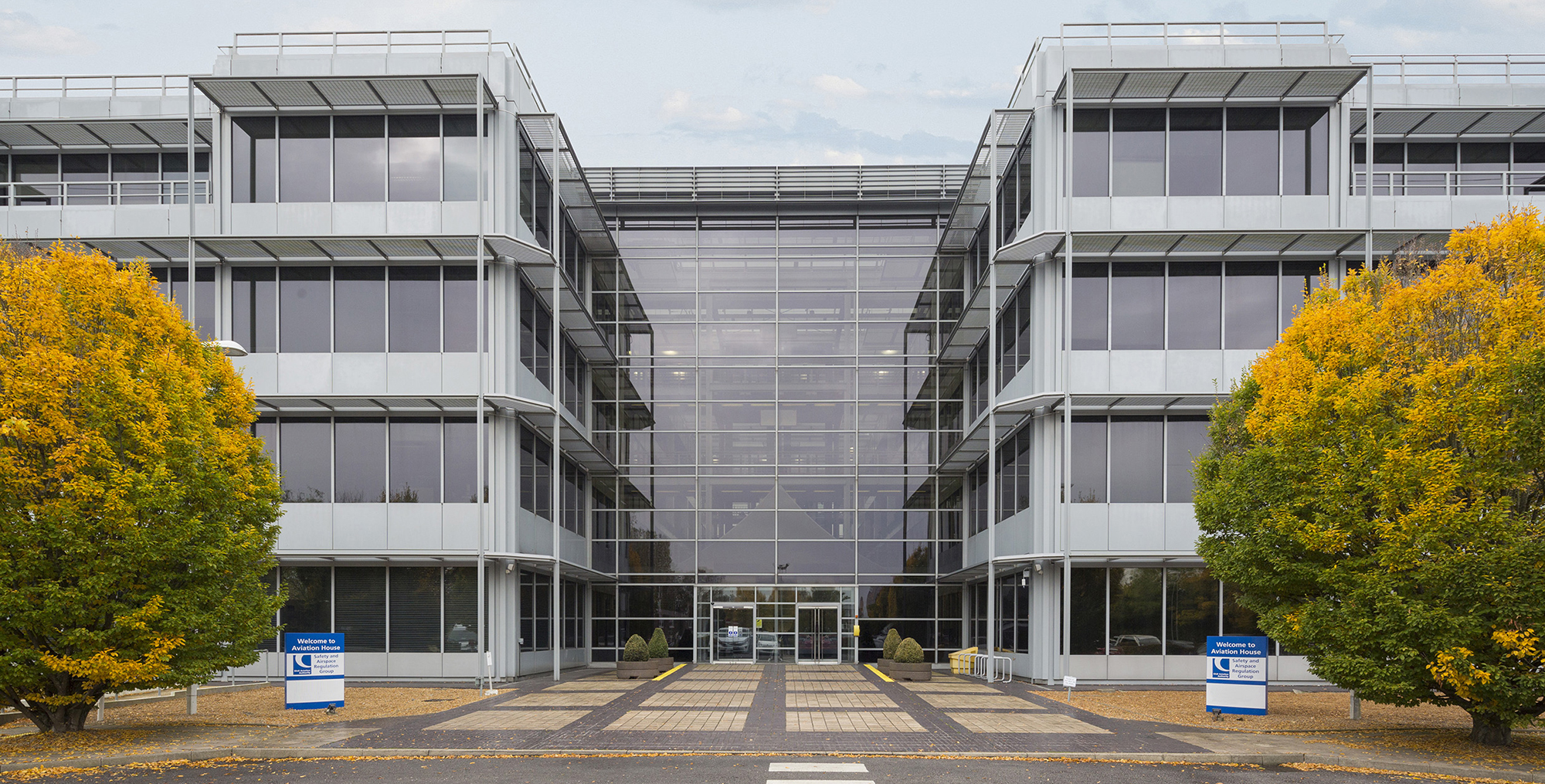International Civil Aviation Day has been celebrated on 7 December for the last 25 years, recognising aviation's vital role in boosting global social and economic development, of connecting the world, and bringing untold new and exciting opportunities to millions of people.
The UK civil aviation story stretches back well over 100 years. Over a century ago, entrepreneurs and enthusiasts rushed to exploit emerging engineering innovations and flying skills. As these pioneers tapped into new travel and trade opportunities, a regulator was born to oversee the commercial and private use of aircraft and ensure that flying could be made as safe and reliable as possible for all.
The UK Civil Aviation Authority is the direct successor to that original regulator, and our mission remains helping make flying safe and available to everyone. Now, as then, our success relies on effective and proportional regulation and intelligent partnership, working alongside individuals and organisations, often at the leading edge of technology and innovation, enabling consumers to enjoy the benefits of safe and efficient aviation, be that in commercial or private flying.
We all know that this year has been perhaps the most challenging in the history of aviation. The pandemic has pushed many organisations to breaking point, with unprecedented declines in customers and air traffic, and the loss of many highly skilled and important jobs. Some of the early pieces needed to enable a successful recovery are starting to fall into place, but it will be some time yet before we can say that recovery is happening. And even at that, there is clearly an enormous amount of work required to ensure that we rebuild safely and effectively.
At the same time, the UK is completing its transition out of the European Union. Our departure from the European Aviation Safety Agency will clearly affect every aspect of aviation in the UK, but we have been preparing for this moment for some time: there are still risks to be managed, up to the transition point and over the next few years, but I am confident that we are as ready as we can be. I'm also confident that the UK will continue to have a good working relationship with our partners in Europe, and world-wide: we want to be, and we will be, fully engaged internationally.
Despite the challenges, as it has done throughout its history, the future holds much promise and opportunity for aerospace. Innovative new technologies, processes and designs are creating exciting new markets, not least in pilotless air platforms. Biofuels will contribute to the industry's decarbonisation commitments - the biggest long-term strategic challenge we have. Redesigned and modernised airspace will further enhance route efficiencies. We expect to add Space to our portfolio. We are reaching out across our society, to encourage wider participation in aerospace, including through promotion of STEM.
And we need to meet rising consumer expectations. The demand to fly remains, so rebuilding trust and confidence and providing a positive passenger experience is a priority, including assistance when things go wrong, and for passengers with reduced mobility. Our commitment to assist improvements to the passenger experience through a regulatory framework is unique across the travel sector.
In a normal year the aviation sector directly contributes over £20 billion to the UK economy, and employs around 300,000 people. We will see a return to those levels and grow beyond. Aviation has come a very long way in 100 years and always proved its adaptability. It will go even further over the next 100 - the future remains bright and exciting.
Sir Stephen Hillier
Chair of the Civil Aviation Authority


Leave a comment
Comments have closed for this blog post.